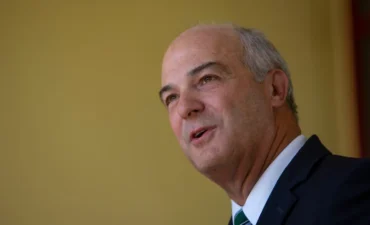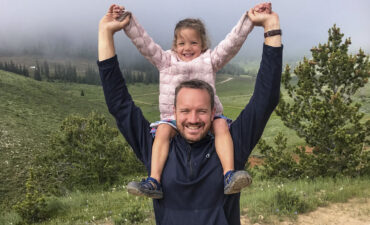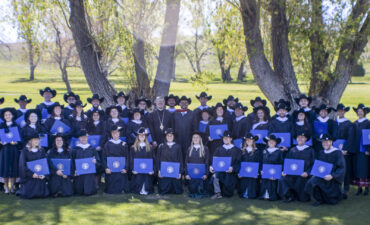New WCC Faces: Stephen Hill, Instructor of Latin
As a growing institution, the College often finds itself welcoming new members to its community at the start of each new academic year. In this series, we introduce our friends and supporters to the 2021-2022 additions to the Wyoming Catholic College family.
Stephen Hill joined the faculty of Wyoming Catholic College in 2021. After a B.A. in English literature (Bryan College), he earned an M.A. in language teaching and second language acquisition at the University of Illinois, followed by an M.A. in Classics (Latin and Greek) at the University of Kentucky. Mr. Hill is currently writing a doctoral dissertation on the figure of Heracles in imperial Greek literature at the University of Virginia. He has taught intensive summer language courses for the Polis Institute since 2012 (in Rome, Florida, and Virginia) and in 2017 founded the annual Synodos Hellēnikē, a week-long immersion event for speakers of ancient Greek. Deeply committed to active methods of teaching ancient languages, he is delighted to be teaching Latin in Latin at Wyoming Catholic.
WYOMING CATHOLIC: How did you end up here in Wyoming, teaching spoken Latin?
PROFESSOR STEPHEN HILL: By a circuitous route! In high school I read C.S. Lewis describe the glories of reading Homer in the original Greek, so I studied Greek in college – to read Homer and the New Testament – while majoring in English literature. I was puzzled, though, by the dramatic differences between the way I was learning Greek and the way I was learning modern languages such as Spanish. Why was I asked only to translate Greek, but to read, write, speak, and listen to Spanish? And could those differences explain, at least partly, why my Greek was so much worse than my Spanish? So I pursued a master’s degree in second language acquisition, along with a complete immersion course in ancient Greek, and then a master’s in Classics, in which most of my classes were taught entirely in Latin. By that point I was convinced that speaking languages – including ancient ones – is the best way to learn them, even if one’s primary goal is to read.
At WCC, I’ve come full circle, since here I have the privilege of teaching Homer and other great works of Greek literature (in English) as well as Latin (in Latin). And it’s a joy for me as a Catholic to work at an authentically Catholic institution. As a Latinist, I’m delighted to teach at one of the few places in the world where Latin is taught ab initio as a spoken language and used as a way to communicate in real time with other people. And as a great books school, WCC approaches great works of literature first and foremost as books that have something to teach us, not as artifacts that (as Indiana Jones might say) belong in a museum.
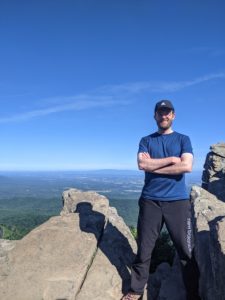 WCC: What are some books on your “essential reading list” that are not included in the curriculum at WCC?
WCC: What are some books on your “essential reading list” that are not included in the curriculum at WCC?
HILL: As a devoted reader of the nineteenth-century English novel, I feel compelled to mention all of Jane Austen along with Anthony Trollope’s Barsetshire novels; as a classicist, I can’t imagine a world without Hesiod, the other major archaic Greek poet, or the great Roman historian Tacitus.
WCC: What is some advice you would give to students as they strive to balance their academic and community life at Wyoming Catholic College?
HILL: Find out (if you don’t already know) whether you’re more likely to sacrifice academics for community or community for academics and correct accordingly. If you find yourself sacrificing community for academics, make sure that you’re attacking your academic work as efficiently as possible. For each assignment, set a personal deadline a day or two before the actual deadline and work backwards to schedule time to complete it.
WCC: Why do you think a liberal arts education is particularly important for our world today?
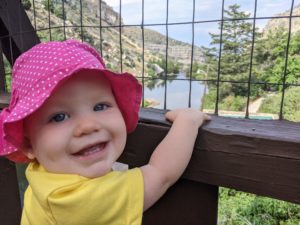
HILL: A liberal education – Latin liberalis – is for people who are free. We need citizens educated in a way that befits a free people, people virtuous enough to rule themselves. People do not become virtuous through technical training alone.
WCC: What are some of your biggest projects right now?
HILL: My biggest project at the moment is my doctoral dissertation, on the figure of Heracles (Hercules) in ancient Greek literature that was written during the Roman imperial period. Heracles was a multi-faceted and immensely popular divinity: he had shrines all over the Roman world, philosophers considered him a symbol of virtue, and Roman emperors used his image to represent their strength. Currently I’m writing about the philosopher-sophist Dio Chrysostom, who used Heracles’ mythical choice of Virtue over Vice to encourage the Roman emperor Trajan to rule as a true king rather than as a tyrant.

